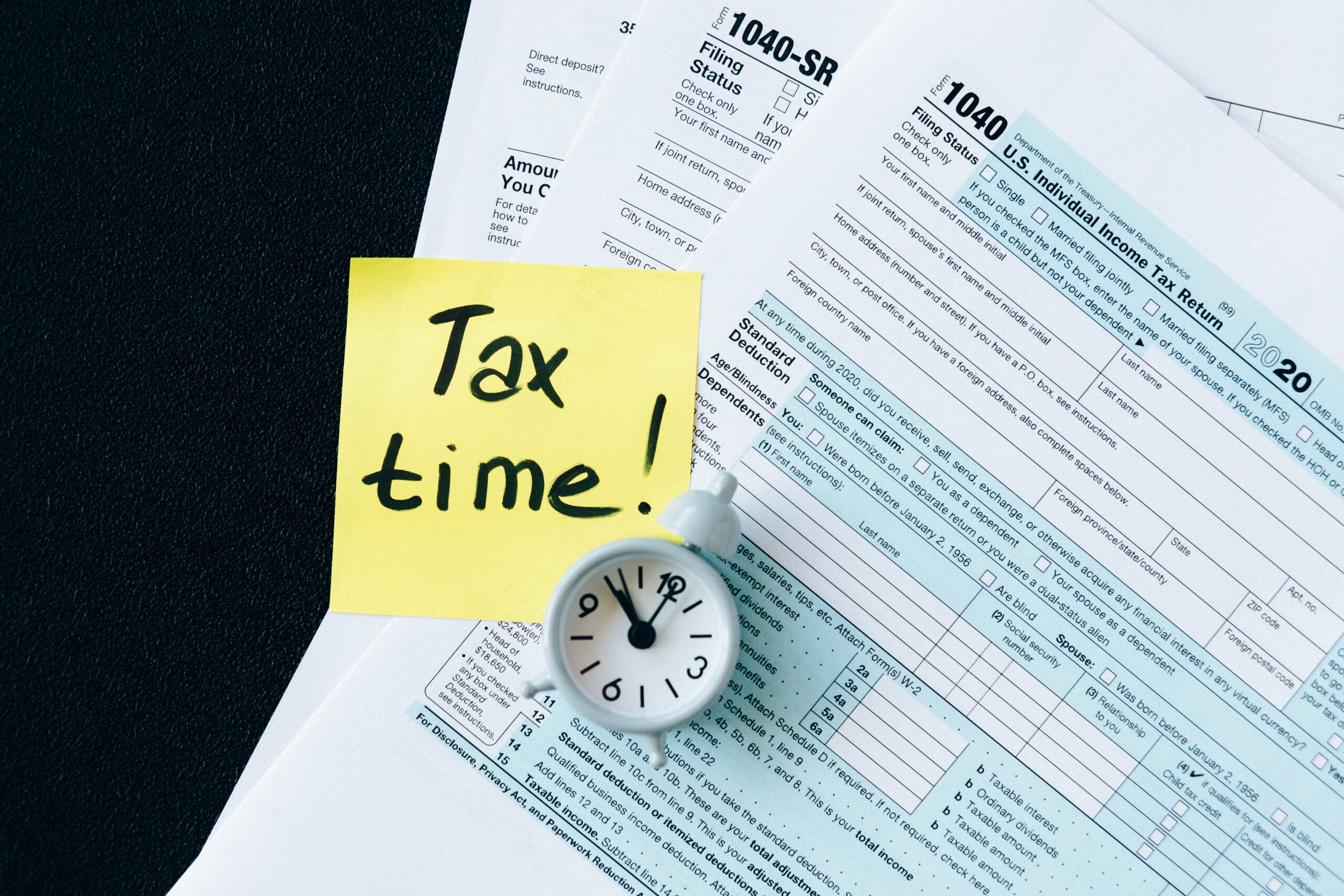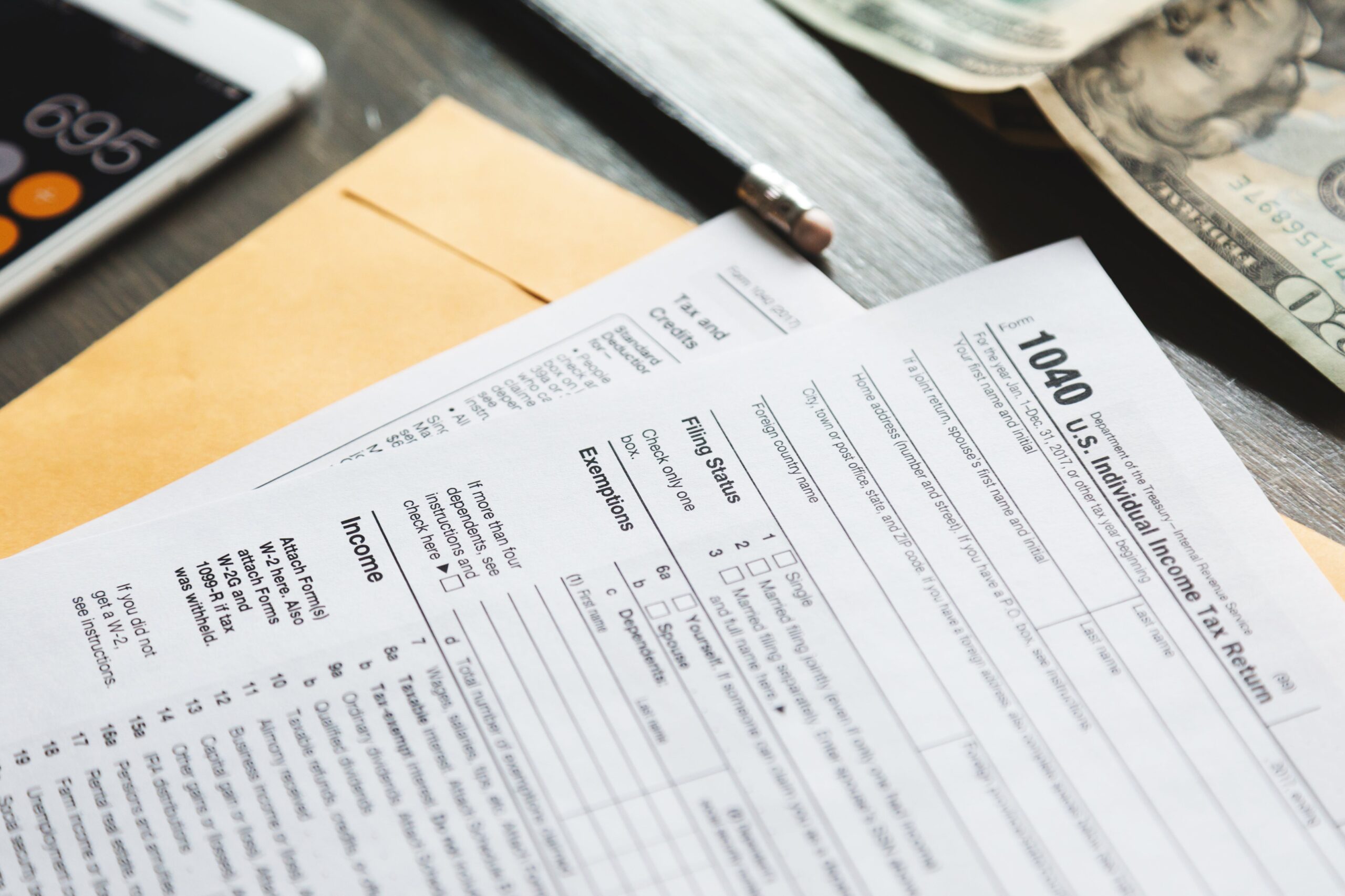If you and your employees plan on traveling for business this year, there are multiple…

Home Office Tax Deduction 2024
The home office tax deduction is for self-employed individuals who use part of their home exclusively for business activities. Unfortunately, W-2 employees who work from home full time are not able to take advantage of this tax deduction. Prior to 2018, remote employees could write off a portion of their non-reimbursed home office expenses as itemized deductions. However, the Tax Cuts and Jobs Act of 2017 (effective 2018) suspended that tax break until 2025.
What is the home office tax deduction?
Small-business owners and independent contractors who regularly and exclusively use part of their home for business-related activities may be able to write off part of their home related expenses. These include rent, mortgage interest, homeowner’s insurance, utilities, real estate taxes, repairs, maintenance and other related expenses. If eligible, the home office tax deduction can be taken on Schedule C of Form 1040.
Who Qualifies for this Deduction?
If you’re a homeowner or renter, you can claim the home office tax deduction and apply it to any type of home where you reside: single-family home, apartment, condo or a houseboat. However, you can’t use it for a hotel or other temporary lodging. Below are the conditions that need to be met for you to qualify:
- Exclusive use: The home office area must be used solely and exclusively for business. If the space is used for both personal and business activities, you generally cannot deduct home office expenses on your tax return.
- Regular use: If you have a home office that you don’t use regularly, you cannot take the home office deduction. It must be used on a regular and consistent basis to qualify. There is no concrete definition for “regular use” other than the IRS stating vaguely in Publication 587 that “you must consider all facts and circumstances in determining whether your use is on a regular basis.”
- Principal place of business: The home office must be your principal place of primary business activities. If you have multiple locations or offices, the home office must be used for the most important business activities, including “administrative or management activities.”
Exceptions to the home office deduction
There are some caveats here that should be noted. For example, in-home daycare businesses don’t have to meet the exclusive use test. To qualify for that exception, you must meet the following requirements:
- You provide daycare for children, people 65 years or older, or people who are physically or mentally unable to care for themselves
- You must have a license, certification, registration, or approval as a daycare center under state law (or you’ve been granted an exemption from needing one)
The IRS provides another exception for those who use their homes to store business inventory or product samples. To qualify for this exception and claim the deduction, you must meet the following requirements:
- You sell your products at wholesale or retail as your business
- You keep the inventory or samples in your home for business use
- Your home is your only business location
- You regularly use the storage space for business purposes
- You use an area that is separately identifiable as suitable for storage
How to calculate the home office tax deduction
There are two methods to determine the value of your home office tax deduction:
- The Simplified Method: With the simplified option, you don’t deduct actual expenses; rather, you multiply the home office space by a prescribed rate. Per the IRS, the rate is $5 per square foot for up to 300 square feet of business use space.
- The Actual Expenses Method: With this method you can deduct direct expenses — such as painting or repairs solely in the home office — in full. Indirect expenses such as rent, mortgage interest, insurance, utilities, and real estate taxes, are deductible based on the percentage of your home used exclusively for business. Use Form 8829 to figure out the expenses you can deduct.
Will claiming increase my chances of an audit?
- Taking the home office deduction does not significantly increase the probability of being audited. That said, it’s always good business practice to maintain accurate records. File away all of your receipts for safekeeping, so you have them as backup in the event of an audit. A good rule of thumb is to keep meticulous records of your income and expenses right down to every last penny spent or earned.
Additional rules and considerations
- Receipts. If you plan on deducting actual expenses, ensure you keep detailed records of all the business expenses you think you’ll deduct, such as receipts for equipment purchases, electric bills, and repairs.
- Home sales. If you’re a homeowner and you take the home office tax deduction using the actual expenses method, it could forfeit your ability to avoid capital gains tax on home sales. People who sell their primary residence after having lived in it for at least two of the five years before the sale generally don’t have to pay taxes on up to $250,000 in profit on the sale, or $500,000 if married filing jointly. See IRS Publication 523 for additional details.
- Depreciation. If you opt for the actual expense method, you’re required to depreciate the value of your home. Note that the depreciation you’re required to take in home office deductions is subject to a capital gains tax when you sell your home. However, when using the simplified method, depreciation isn’t a factor and you may not be subject to the tax.
Conclusion
The rules on tax deductions for a home office can be hard to wrap one’s head around. This is especially true when you add various legislative factors into the mix. Don’t hesitate to reach out to the office should you have any questions or need any assistance on this front.



